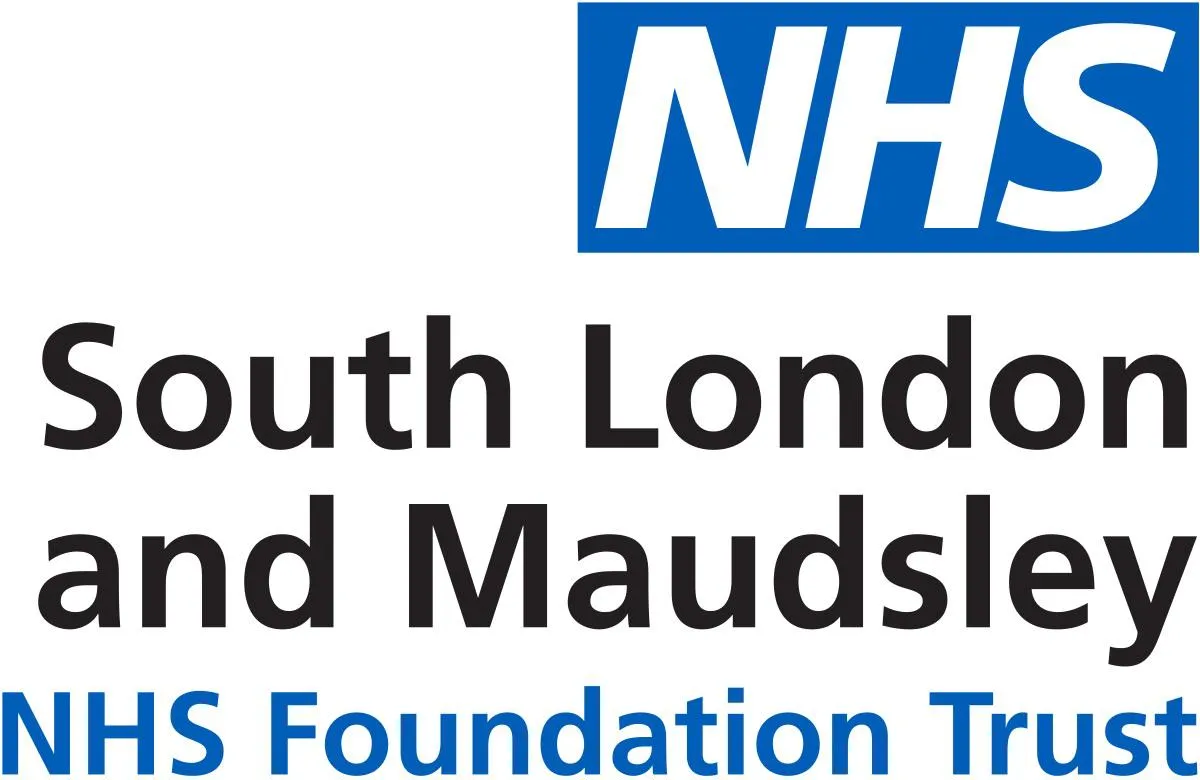Advance Choice Documents Implementation (ACDI)
Advance Choice Documents (ACDs) are statements of preferences for mental health care and treatment made when the service user has capacity to complete one, together with their treating mental health professionals and others as desired, e.g., carers or advocates.
ACDs can support the autonomy of service users and facilitate mental health care providers being held accountable in delivering preferred care. They are also the only evidence-based intervention shown to reduce compulsory psychiatric admissions.
Furthermore, research has shown greater cost-effectiveness in comparison to treatment as usual, particularly for certain marginalised ethnic groups.
Even in places with legalisation for ACDs, update is low. This has been found to be due to:
- lack of recognition of the benefits of ACDs
- not recognising the need for a change in the clinician-service user relationship, including discussing treatment options and supporting patient choice
- difficulties in implementation when working across the healthcare system
Prior to ACDI, the Advance Statements for Black African and Caribbean people (AdStAC) study developed and implemented ACD resources for Black service users who had experience of compulsory psychiatric admission.
Aims
ACDI aims to address the research-to-practice implementation gap for ACDs, and thereby reduce rates of MHA detention and racial inequalities in care access, experience, and outcomes. To do so we aim to develop an accessible, sustainable, and accountable system for high quality ACD completion, access and review.
By the end of the project the developed and tested ACD resources will be in use in adult, older adult, and child and adolescent mental health services at the South London and Maudsley NHS Foundation Trust and be available to other Trusts.
Methods
Resources developed for ACD delivery for Black African and Caribbean adults in the AdStAC study (documentation, facilitator job description and manual, and Maudsley Simulation and Recovery College training) will be adapted for general adult, forensic, CAMHS, and older adult services. A series of co-production workshops with stakeholders will inform the development of these resources.
Hiring and training of ACD facilitators and their supervisors across the Trust will occur based on the ACD manual and restorative practice and ACDs will be delivered across the directorates using quality improvement methods. The outcomes measured will be Completion, Accessing, Honouring, and Reviewing of ACDs. The outcomes measured will be: use of the Mental Health Act and other coercive measures; trust in mental health services; and completion, accessing, honouring, and reviewing of ACDs.
Advisory groups will also meet the throughout the study to review progress, recommend engagement and dissemination strategies, and help problem solve any issues regarding stakeholder engagement and recruitment.
National ACD Learning Collaborative
We are inviting NHS Trust representatives from across the UK to join our Advance Choice Document learning collaborative. Meetings are held every three months via MS Teams, for 1.5 hours. The Trust representative(s) should ideally be clinical leads for ACDs or someone who can lead on ACD implementation at their Trust. If you are interested or have any queries, please contact sarah.egbe@kcl.ac.uk or acdi@kcl.ac.uk.
Principal Investigators
Affiliations
- Department of Health Service & Population Research
- Institute of Psychiatry, Psychology & Neuroscience
- School of Mental Health & Psychological Sciences
- School of Academic Psychiatry
- Department of Forensic and Neurodevelopmental Science
- Department of Psychological Medicine
- Centre for Mental Health Policy and Evaluation
- CMHPE: Mental health services research




